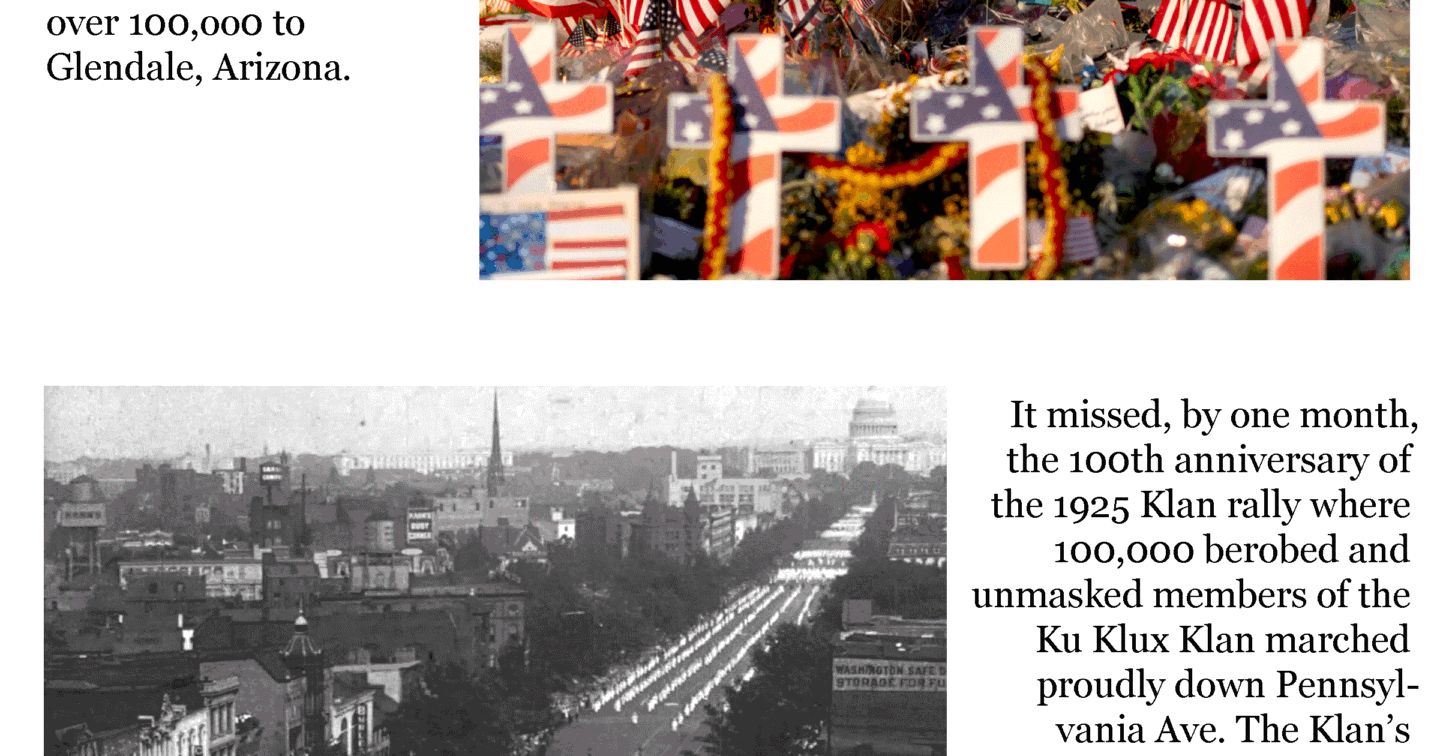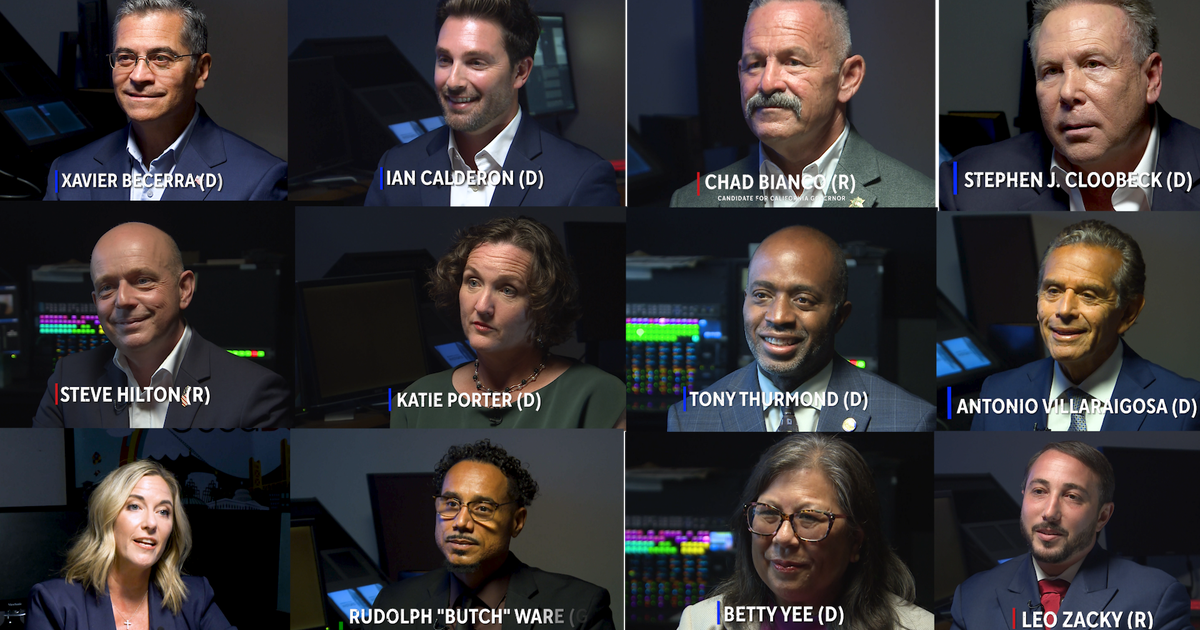
The Trump administration has once again faced a decisive legal setback, this time in its alarming attempt to deploy National Guard troops in Illinois. This move, cloaked in the guise of law enforcement support, is not just unlawful; it is a blatant power grab that underscores an ongoing assault on local governance and civil rights.
State and local officials, standing firm against federal overreach, filed a lawsuit to block the Trump administration’s plan, asserting that it poses a significant threat to public safety and constitutional rights. The Department of Homeland Security (DHS) had announced its intention to deploy National Guard troops ostensibly to assist Immigration and Customs Enforcement (ICE) in an enforcement operation dubbed “Operation Midway Blitz.” This initiative has already resulted in over a thousand arrests, many of which have raised serious concerns about racial profiling and the excessive use of force against marginalized communities in Chicago.
The deployment of federal troops in urban areas is not merely a tactical decision; it is part of a broader strategy to militarize local law enforcement and suppress dissent. The increased presence of ICE agents has led to terrifying incidents of aggressive tactics, including the use of tear gas against peaceful protesters and journalists—actions that echo the oppressive strategies of authoritarian regimes rather than the democratic ideals we claim to uphold.
In a swift response, federal District Judge April Perry granted a temporary restraining order, halting the deployment of these troops. This ruling is not just a legal victory; it is a reaffirmation of the principle that local authorities should have the autonomy to protect their communities without the heavy-handed interference of a federal government that appears bent on sowing division and fear.
Attorney General Kwame Raoul heralded this ruling as a triumph for both the state and for the fundamental rights of its citizens. The American Civil Liberties Union of Illinois echoed this sentiment, emphasizing the importance of maintaining local control in the face of federal encroachments. Chicago Mayor Brandon Johnson articulated clearly: the deployment of troops was not only illegal but also unnecessary, stating, “There is no rebellion in Chicago. There are just good people standing up for what is right.” This sentiment encapsulates the heart of the fight against authoritarianism: the courage of ordinary citizens advocating for their rights.
As the governor of Illinois, JB Pritzker remarked on national television, the state must continue to rely on the judiciary to uphold justice and protect civil liberties. This call to action is imperative, especially as the Trump administration, undeterred, vows to appeal the court’s decision. Vice President JD Vance’s comments, hinting at potential repercussions for state leaders, are nothing short of a veiled threat. His refusal to outright condemn Trump’s incendiary remarks about jailing Pritzker and Johnson reveals an administration that seeks to intimidate rather than engage in constructive dialogue.
Moreover, the notion of invoking the Insurrection Act to justify military intervention against American citizens is a chilling prospect. This archaic law, intended for times of true rebellion, should never be wielded as a tool for suppressing legitimate protests. Governor Pritzker rightly contends that the act should not be invoked to combat crime, as there exists no rebellion in Chicago—only the voices of its residents demanding justice, accountability, and humane treatment of all individuals, regardless of their immigration status.
It is imperative that we view these developments not merely as isolated incidents but as part of a larger, troubling trend where federal power is used to undermine local governance and civil rights. The legal victories in Illinois represent a critical stand against this encroachment, demonstrating that when communities unite to defend their rights, they can indeed challenge and overcome oppressive tactics.
As we continue to witness the deterioration of democratic norms, we must remain vigilant. The fight for justice, equality, and human rights is far from over, and every victory counts. Local leaders, empowered by their communities, must continue to push back against federal overreach and assert their right to govern in the best interests of those they serve. The outcome of this battle in Illinois will reverberate across the nation, setting a precedent for how we engage with issues of governance, law enforcement, and civil liberties in the tumultuous times ahead.
This article highlights the importance of FOR CHICAGO STREETS.


